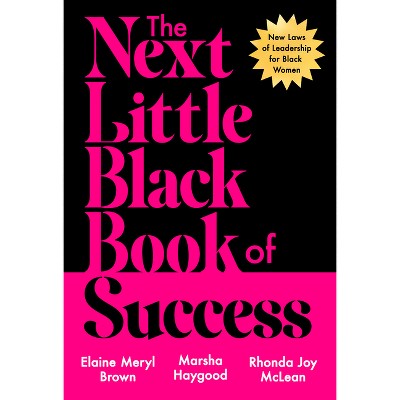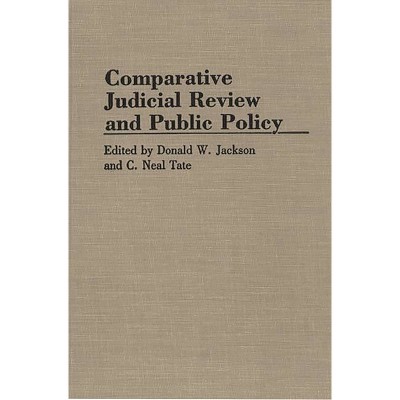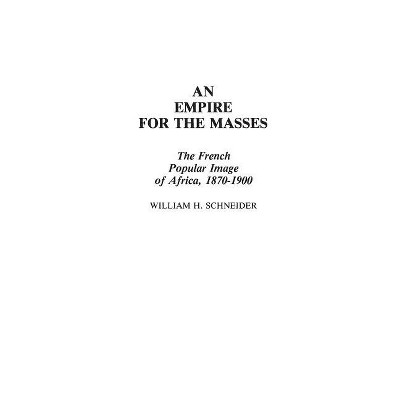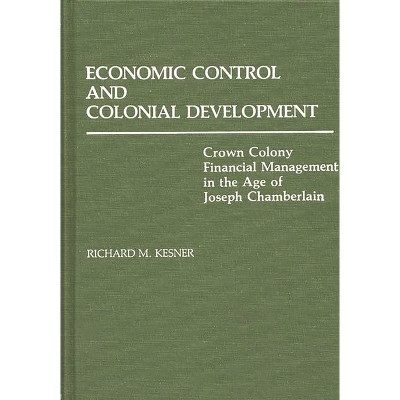Sponsored

Britain's Sterling Colonial Policy and Decolonization, 1939-1958 - (Contributions in Comparative Colonial Studies) 3rd Edition by Allister Hinds
In Stock
Sponsored
About this item
Highlights
- Arguing that Britain's sterling policy had a significant impact on its colonial economic policy, this book focuses on the connection between Britain's sterling and balance of payments policy, colonial economic policy, and the British government's decision to transfer power to colonial peoples.
- About the Author: ALLISTER HINDS is Lecturer in the Department of History at the University of the West Indies--Mona Campus.
- 232 Pages
- Social Science, Emigration & Immigration
- Series Name: Contributions in Comparative Colonial Studies
Description
About the Book
Arguing that Britain's sterling policy had a significant impact on its colonial economic policy, this book focuses on the connection between Britain's sterling and balance of payments policy, colonial economic policy, and the British government's decision to transfer power to colonial peoples. The volume considers such factors as sterling policy and the state of the British economy, U.S. and Western European pressure for multilateralism in Britain's trade and commercial policy, the movement toward independence in colonial territories, and the cost of financing colonial development and welfare.
The book argues that in the postwar years the assumptions guiding British policies for colonial political reform were undermined by postwar developments in Ghana, Nigeria, and the Malayan Federation--the three greatest dollar-earning colonies. As these colonies moved toward independence, their demands for development finance forced Britain to face the prospect of meeting such demands at great costs when the expenditure could not be justified. Britain extricated itself from this dilemma by transferring power to colonial peoples.
Book Synopsis
Arguing that Britain's sterling policy had a significant impact on its colonial economic policy, this book focuses on the connection between Britain's sterling and balance of payments policy, colonial economic policy, and the British government's decision to transfer power to colonial peoples. The volume considers such factors as sterling policy and the state of the British economy, U.S. and Western European pressure for multilateralism in Britain's trade and commercial policy, the movement toward independence in colonial territories, and the cost of financing colonial development and welfare.
The book argues that in the postwar years the assumptions guiding British policies for colonial political reform were undermined by postwar developments in Ghana, Nigeria, and the Malayan Federation--the three greatest dollar-earning colonies. As these colonies moved toward independence, their demands for development finance forced Britain to face the prospect of meeting such demands at great costs when the expenditure could not be justified. Britain extricated itself from this dilemma by transferring power to colonial peoples.Review Quotes
?[t]he ambitious arguments set out in the book makes an important addition to the existing literature....[s]uceeds in demonstrating the importance of finance in British imperial policy.?-Journal of Imperial & Commonwealth History
?[A] well-written contribution to the growing literature on the economics of de-colonization.?-Economic History Review
"Ýt¨he ambitious arguments set out in the book makes an important addition to the existing literature....Ýs¨uceeds in demonstrating the importance of finance in British imperial policy."-Journal of Imperial & Commonwealth History
"ÝA¨ well-written contribution to the growing literature on the economics of de-colonization."-Economic History Review
"[A] well-written contribution to the growing literature on the economics of de-colonization."-Economic History Review
"[t]he ambitious arguments set out in the book makes an important addition to the existing literature....[s]uceeds in demonstrating the importance of finance in British imperial policy."-Journal of Imperial & Commonwealth History
About the Author
ALLISTER HINDS is Lecturer in the Department of History at the University of the West Indies--Mona Campus./e He has published a number of articles on the impact of the sterling on colonial economic policy in general and the Nigerian economy in particular.Shipping details
Return details
Trending Non-Fiction

















